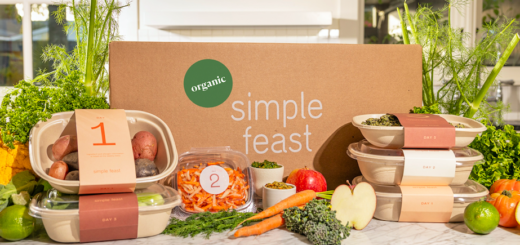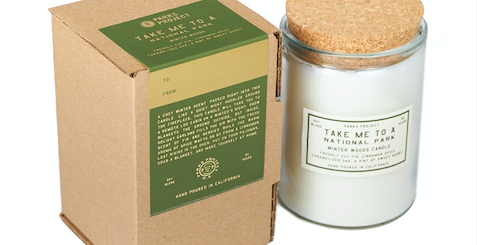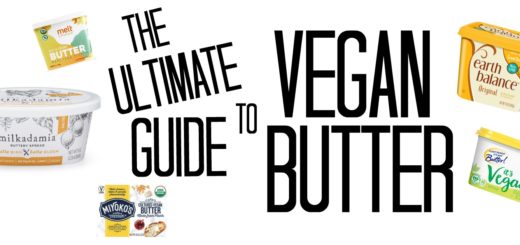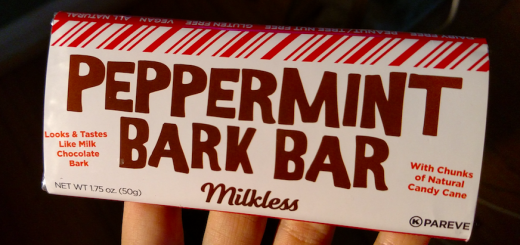EXCLUSIVE: Research Suggests 36% of Americans Open to Plant-Based Eating
Veganism is on the ups. While most people have seen anecdotal evidence of this phenomenon—more products in the supermarket, more coverage in the media—the research supports it. Not only are more people open to eating less meat and more plants, but it looks like perceptions of the vegan lifestyle are changing … for the better.
Recently, the Nutrition Business Journal released its 2015 Special Diets Report. It outlined many of the different dietary segments in the U.S. and yielded some interesting statistics about veganism and its increasing relevance in the marketplace. Eric Pierce, Director of Strategy & Insights, NEXT Trend, helped create the report, and he believes there’s been a definite shift in the perception of a vegan lifestyle.
“I think, what I see from doing some brief consumer surveys, is generally a changing in the perception or the stereotype of vegans,” Pierce told Latest Vegan News.
For example, when Pierce and team asked general U.S. market consumers what they associate with a vegan diet, 35 percent said healthy/health food. Following that, 23 percent said animal welfare, 13 percent said cleaner ingredients, 12 percent said weight loss, 11 percent said environmental responsibility and 8 percent said social responsibility.
This flies in the face of the traditional stereotype that saw vegans solely as aggressive animal activists. Clearly, people are starting to hear about the health factors involved.
While Pierce and team don’t have comparative data from, say, 10 years ago, he thinks these numbers demonstrate a shift. He attributes this change partly to the widespread availability of information. Netflix streaming of documentaries, people like Michael Pollan talking about eating more plants, Beyonce and her 22 days of veganism—these are powerful cultural factors.
Additionally, the number of vegans or vegan-friendlies in the population may be greater than is generally assumed.
“If you ask consumers to self-define their dietary preferences, I’ve actually found among the general population of U.S. consumers about six percent will say they’re vegan and about seven percent will say they’re vegetarian,” Pierce explains. “What’s really exciting is that there’s this bucket of flexitarians or lessitarians or pescetarians or just consumers who wouldn’t identify with any of those terms who would say ‘I’m choosing to eat less meat,’ and what I’ve found in again, a brief survey, is that about 26 percent of the U.S. population has said they’ve consciously chosen to eat less meat in the last 12 months.”
These answers came in response to the question, “Which of the following diets, if any, do you adhere to?”
Add those numbers up, and you get between 36 and 39 percent of the population that’s interested in reducing (if not eliminating) its meat and dairy consumption. Similar numbers apply to dairy, with around 36% of consumers in 2014 saying they prefer milk alternatives to regular milk (and non-dairy milk sales have skyrocketed).
That means that more than one-third of the population is interested in plant-based eating—numbers that large represent a significant segment for retailers. “36 percent of consumers are looking for dietary changes that help them consume less meat—or none of it, depending on the point of view,” he explains. “What I see there is major opportunity, and in some ways an underdeveloped market, possibly.”
Hear that, companies? People want their plants.
Some other key highlights from the report include:
- If a company does opt to make vegan/vegetarian consumers its niche, it should target the products and marketing efforts toward millennials. Unlike baby boomers, who have all but given up on eschewing meat, 9 percent of the 30-something crowd is vegetarian.
- A consensus is forming among industry observers and insiders that for vegan products to be adopted by more consumers, “plant based” is far preferable to “vegan” as a label term.
- The vegan product category is expected to grow at an average rate of 13.4 percent thorough 2020. A major driver of that growth will be products developed not just for vegans specifically but for other specialty diets that overlap with vegan—extending even into the meat-heavy paleo realm.
Follow Latest Vegan News on Facebook, on Twitter @LatestVeganNews, and Google+ .

















YES!!!!!!!!!!!!!
Wow! Who would have thought! Thanks for sharing!